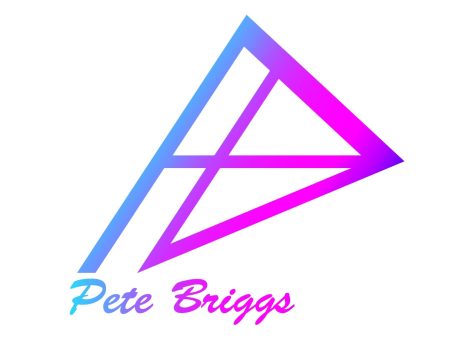Blog - Writing Beneath the Red CAP
Writing PROTEGIMUS
After completing 'Beneath the Red Cap,' I found myself reflecting on the stories I'd reluctantly left on the cutting-room floor, stories edited out to meet Amazon KDP's pricing criteria. It felt like I'd inadvertently lost something important, a part of my voice, memories, and experiences still begging to be told.
I realised I wasn't done writing, but this time, I wanted to explore storytelling differently. I decided to write a novel, a space where I could live vicariously through a character, embarking on adventures grounded firmly in reality. I envisioned a character deeply rooted in genuine Royal Military Police (RMP) methods and experiences, steering clear of the fantastical feats of Jack Reacher or the diluted military soul of Strike. This character would embody authenticity, practicality, and the raw essence of an RMP soldier.
Starting with a simple outline, I soon discovered my initial concept, straightforward good versus bad, was rapidly evolving into something far more complex. The story expanded, characters deepened, and scenarios became more nuanced. My original target of under 300 pages became a struggle as the narrative grew richer. Editing became essential, yet challenging.
The antagonist posed an unexpected hurdle. Initially clear-cut, the villain gradually morphed into someone far more intriguing and personally connected to the protagonist, adding emotional depth and a sense of realism to the conflict.
My protagonist, Knox, shares many of my own qualities, experiences, and postings, albeit perhaps a bit tougher and stronger. Rooting him in my personal reality allowed me to authentically depict how someone with an RMP background would tackle real-life scenarios. Set pieces I'd envisioned from the start provided anchors around which the story organically unfolded.
Yet, I faced one notable difficulty: choosing his name. I deeply wanted 'Harry,' honoring both my grandad and nephew. But given J.K. Rowling's well-known usage of Harry and her authorship of the Strike novels, I was wary of any unintended similarities. Ultimately, 'Knox' felt right, it carried a solid RMP resonance, sounded tough, and allowed versatile nicknames. In the end, I paired it with my own middle name, liking its interchangeable nature with Harry, though I never used this directly in the novel.
Immersed fully in Knox's world, writing became an absorbing and rewarding process. I’d find myself in the gym, mentally resolving plot points or picturing Knox confronting obstacles. I meticulously constructed each scene with cinematic clarity, ensuring continuity and authenticity in every action and reaction.
The editing phase proved especially rigorous, on-screen edits were followed by paper drafts, and finally, a printed book copy for a final pass. It was a painstaking but rewarding process, one that polished out many continuity errors. Yet, as any writer knows, perfection is elusive. Eventually, recognising the risk of endless tinkering, I chose to step away and let Knox's story stand as it was.
Letting go was challenging but necessary. With Knox’s tale complete, I felt free—and eager—to embark on my next adventure.

©Copyright. All rights reserved.
We need your consent to load the translations
We use a third-party service to translate the website content that may collect data about your activity. Please review the details in the privacy policy and accept the service to view the translations.
